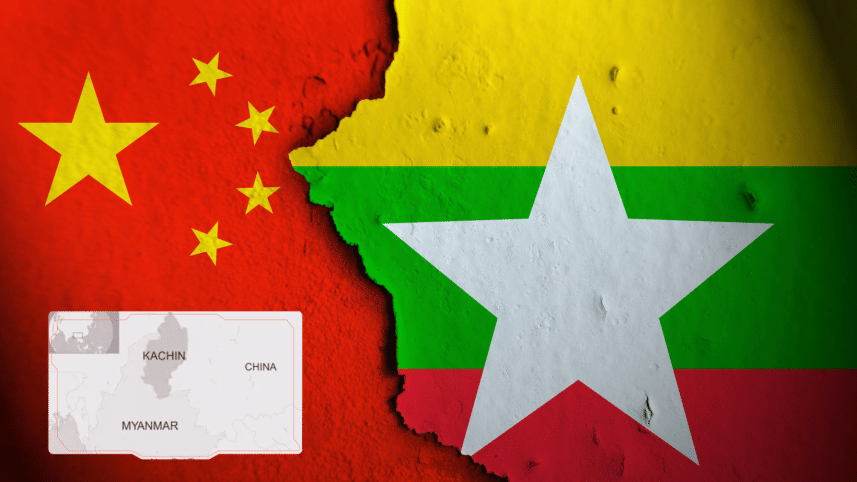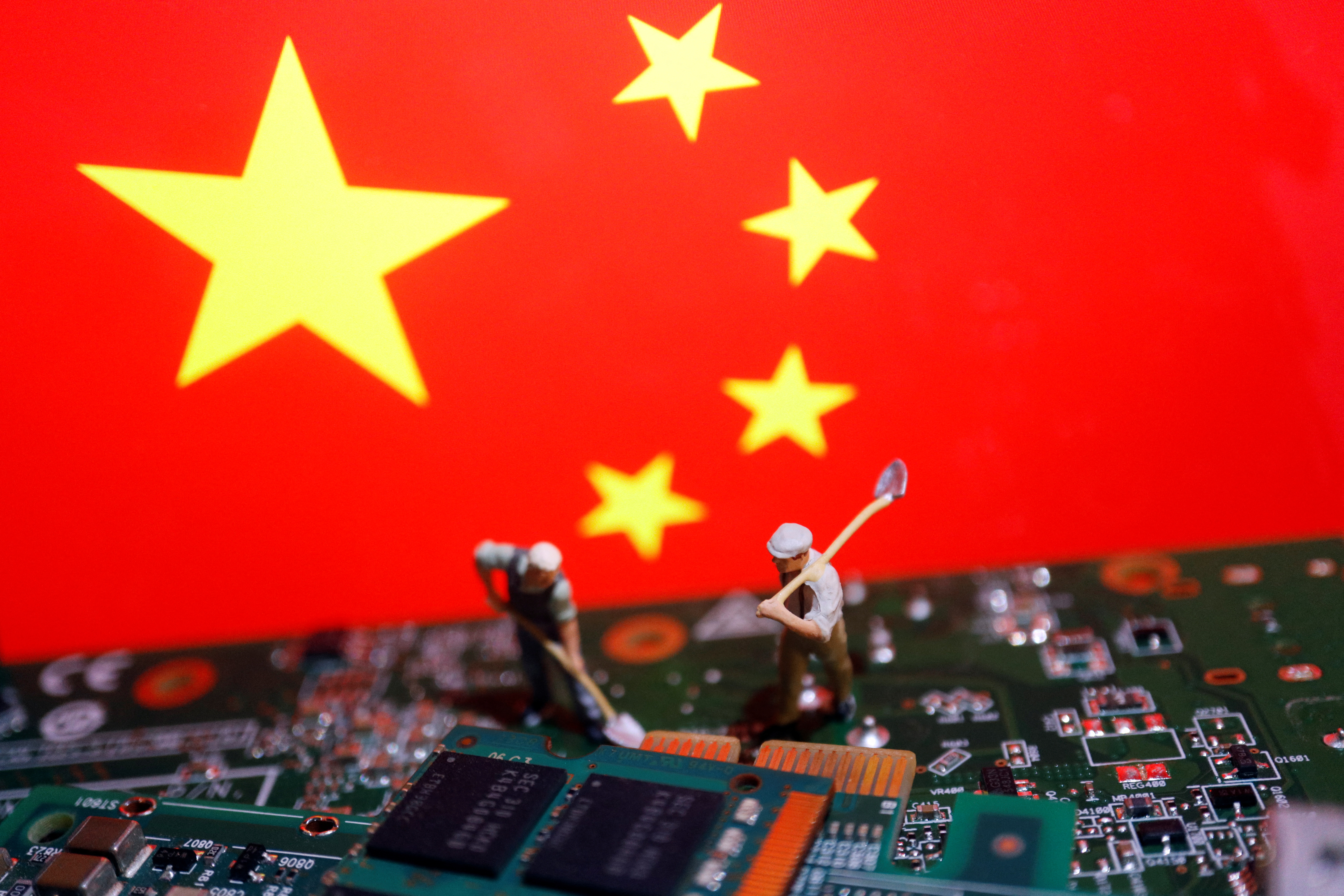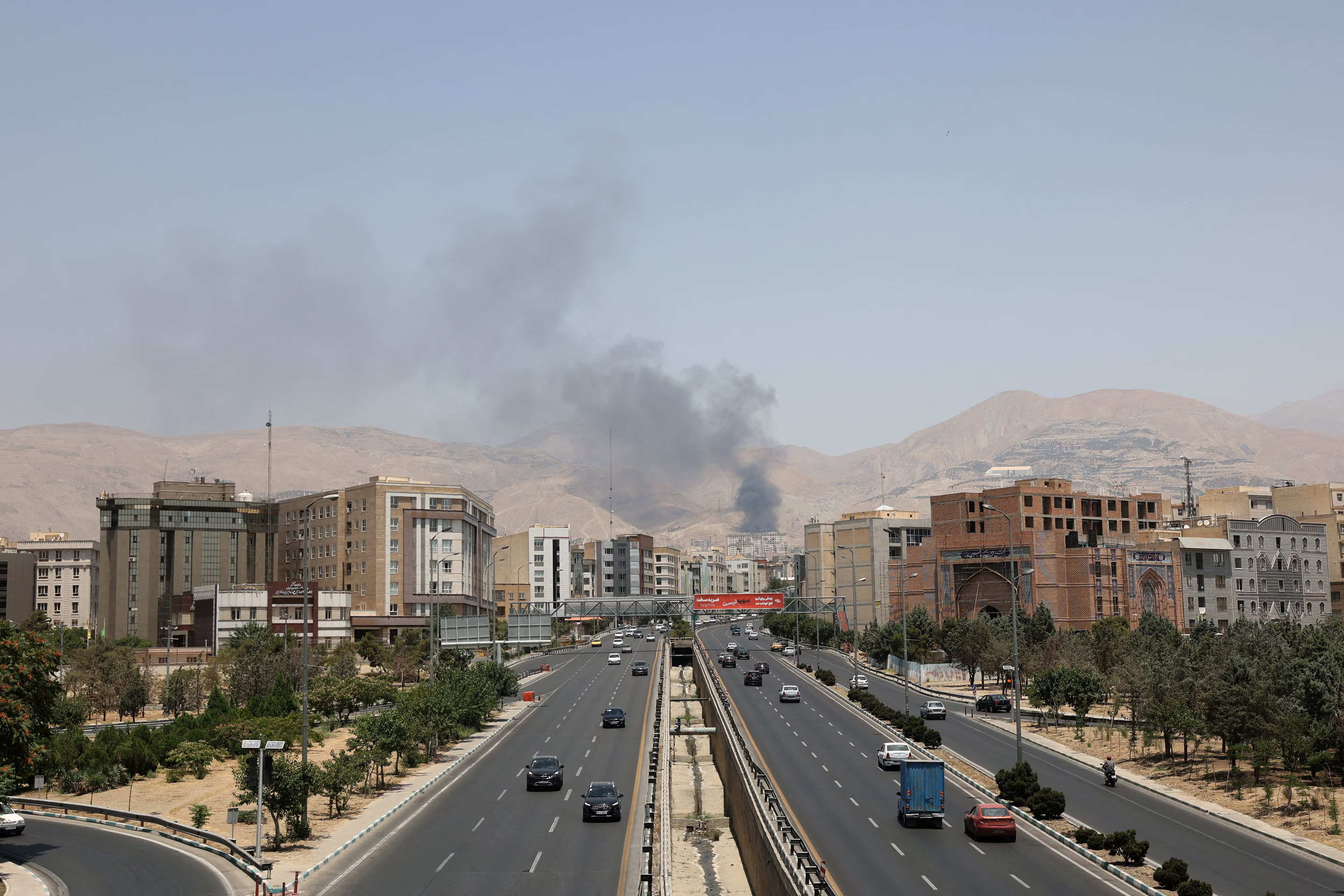Myanmar’s Kachin State: The new geopolitical flashpoint in China’s backyard

Most ordinary Americans would hardly know of Myanmar, or Burma, as the US calls it, let alone Kachin, Myanmar's northernmost state, which borders China to the north and east and India to the northwest. Yet, this remote region was once a crucial battleground for the Office of Strategic Services (OSS), the predecessor of today's CIA, during the Second World War. Maverick OSS pilots flew countless daring missions from their Manipur base in Northeast India, ferrying men and arms to support Allied forces engaged in fierce jungle battles against the Japanese onslaught.
OSS operatives were young and inexperienced; many had only ever seen jungles in films. Some Kachin people, then largely illiterate, had never seen a wheel. The hosts tutored the newcomers in jungle survival and, in turn, learnt modern warfare. Those US veterans are mostly gone now, and it all happened a long time ago and far away—but the bond lingers. One surviving member of the Kachin Rangers, as the indigenous troops were known, said, "It is my duty to help because the Americans liberated us from the Japanese and the British colonials."
Later, after Mao Zedong's takeover of China in 1949, Li Mi, a Chinese Kuomintang (KMT) general, moved into Myanmar with about 1,500 soldiers. The CIA armed and trained them to continue fighting against communist China, but that effort eventually failed. Nonetheless, Myanmar remained on Washington's radar.
The country has since endured the world's longest-running civil war, with numerous Ethnic Armed Organisations (EAOs) fighting the government—the Kachin Independence Army (KIA) among the most prominent. In October 2024, the KIA captured two key mining towns, Chipwi and Pangwa, sitting atop some of the world's richest deposits of rare earth elements. The KIA effectively cut off China's secure access to these minerals in Beijing's strategic backyard. Chinese imports of rare earth compounds from Myanmar fell sharply by 89 percent by February 2025 compared with the year before.
This turn of events is deeply significant considering the KIA's composition and leadership. It is mainly a Christian force in a Buddhist-majority country, led by people whose grandparents fought alongside US soldiers against a common enemy. The Baptist faith, brought by US missionaries in the 1870s and reinforced during the anti-Japanese resistance, remains central to Kachin identity. For Beijing, this presents a challenge beyond mere territorial control: it is dealing with a population with deep cultural and historical ties to the West—something China loathes.
It is against this backdrop that the US envoy in Myanmar, Susan Stevenson, visited the KIA-controlled area in August—a significant diplomatic signal given that Washington downgraded relations with Myanmar after the 2021 military coup.
The timing could hardly be worse for China. Beijing has spent billions building oil and gas pipelines from Myanmar's ports to mitigate the risk of shipping through the Malacca Strait, which the US Navy could block in any future conflict. Myanmar's resources and geographic location have been central to China's strategy of reducing its reliance on sea routes controlled by US allies.
But now EAOs control most of Myanmar's borderlands, and the military junta that China had supported is rapidly losing ground. The KIA alone claims to have captured over 70 military installations in just two months of 2024. Myanmar is fracturing into self-governing territories, and China is discovering that its client state is not as dependable as it once seemed.
The implications extend far beyond mining rights. Recent reporting (mid-2025) documents that Chinese-backed militias now guard new rare earth facilities in eastern Myanmar, signalling how seriously Beijing takes the threat. If the KIA continues to defy Chinese pressure—and it has indicated plans to escalate conflicts—Beijing may face difficult choices about how far it is willing to go to protect its interests.
For Washington, the Kachin situation offers several strategic advantages. Supporting groups that can disrupt Chinese access to critical minerals aligns with broader American goals of diversifying supply chains away from Chinese control. It also demonstrates that China's sphere of influence is not as secure as it appears, potentially encouraging other regional actors to resist Beijing's pressure.
The risks are equally significant. A confrontation with Chinese interests in what Beijing considers its backyard could escalate tensions between the world's two largest economies. Myanmar's ethnic conflicts are notoriously complex and long-running—the last thing the US needs is to be drawn into another prolonged commitment in a region it does not fully understand.
The Kachin situation reveals a broader truth about great power competition in the 21st century. Traditional tools such as sanctions and diplomatic pressure have limited effectiveness when target countries can find alternative partners and supply routes. Instead, influence increasingly flows through relationships with non-state actors who control territory and resources.
The historical parallels are striking but not deterministic. The CIA's Cold War support for KMT forces in Myanmar's borderlands created decades of instability and drug trafficking that still affect the region today. Whether Washington's current engagement with the KIA will follow a similar path remains unclear.
Myanmar has long been a simmering battleground for rivalry between dominant world powers. This time, Beijing has much at stake. So does Washington, for it may offer considerable leverage in the existential rare earth battle.
Dr Sayeed Ahmed is a consulting engineer and CEO of Bayside Analytix, a technology-focused strategy and management consulting organisation.
Views expressed in this article are the author's own.
Follow The Daily Star Opinion on Facebook for the latest opinions, commentaries and analyses by experts and professionals. To contribute your article or letter to The Daily Star Opinion, see our guidelines for submission.




 For all latest news, follow The Daily Star's Google News channel.
For all latest news, follow The Daily Star's Google News channel. 

Comments